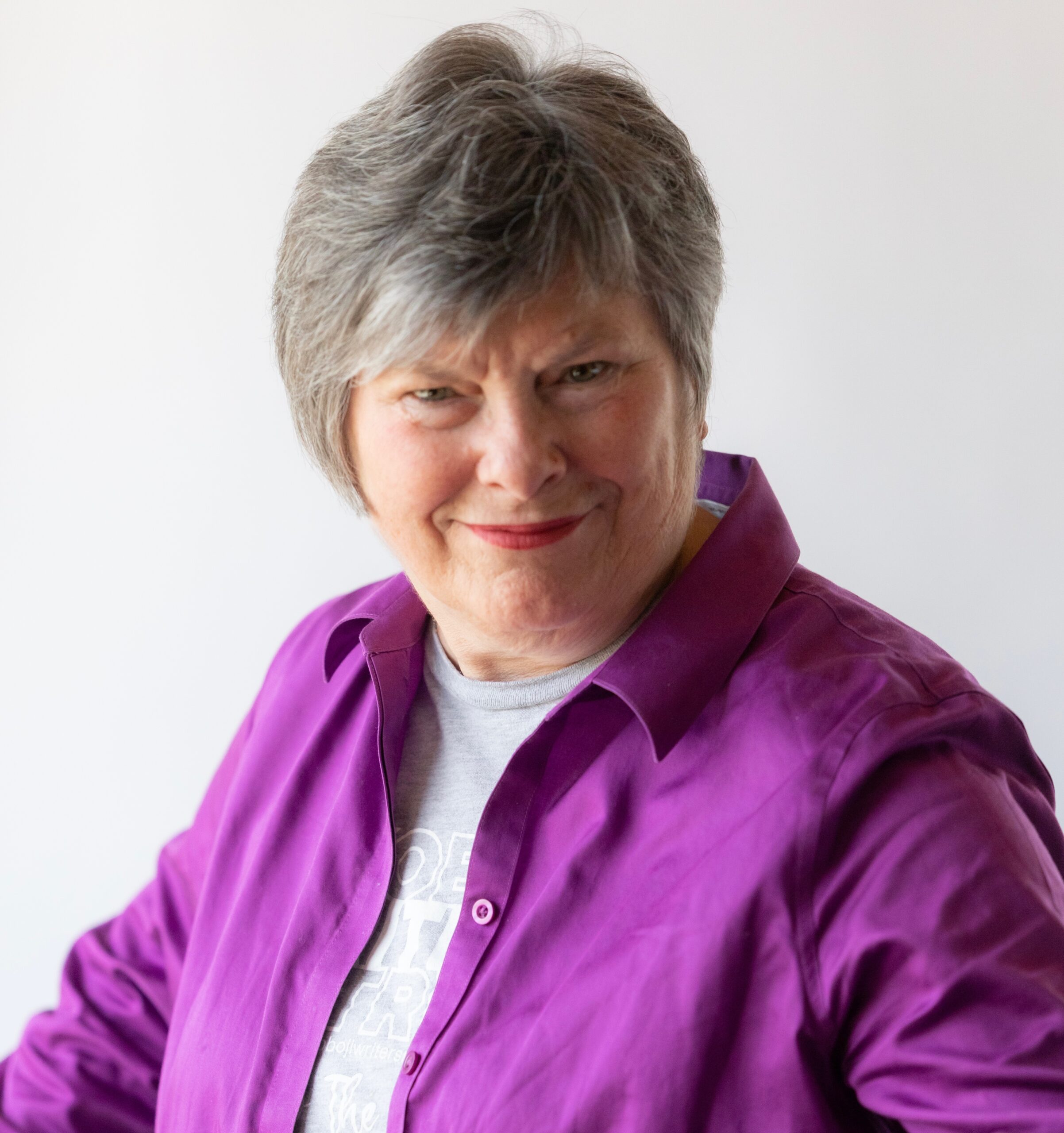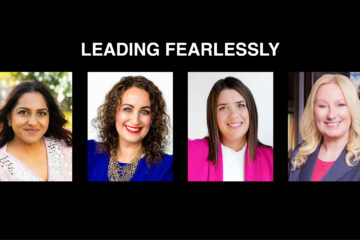Column: Julie Gammack fuels storytelling through Iowa writing opportunities

In the mid-1980s, Julie Gammack walked into a record store on Ingersoll Avenue in search of an idea.
At the time, she wrote a daily column for the Des Moines Register. Filling 8.75 newspaper inches a day with something new and interesting was a challenge. The record store’s “Iowa musician’s section” led her to Carol Montag, a musician based in Cedar Rapids.
Julie wrote about her music, which she described as being “just as good as Judy Collins or Joni Mitchell,” and the musician found a new audience.
And in doing so Julie found her mission to help every person she could tell their story — a mission that has carried her through a storied career as a journalist and entrepreneur, and led her to founding two writing entities in Iowa that are ensuring as many voices as possible have the chance to be heard.
These are voices of people like Montag, or former University of Iowa professor Chris Jones, or a grandmother who wanted to keep her family’s stories alive for generations.
Or me, a young writer whose fledgling career has found its footing thanks to Julie’s Okoboji Writers’ Retreat and the Iowa Writers Collaborative.
“I really believe there’s a story in everyone,” Julie said. “All of this talent has been here all along. It’s just, how do you get it out there? I think of all the things I’ve done in my career, the [Collaborative] and this retreat feel like a signature piece in my life.”
A community of writers
The events of 2020, especially the murder of George Floyd, shifted Julie’s perspective around how people were treating one another.
“You saw this man being murdered in front of our eyes, and there was this huge outpouring of, ‘What can we do to create human understanding?’ I thought, ‘What if I gathered writers together so people could experience being with someone of a different culture in a situation where they are there to learn from them?” Julie explained.
She landed on the idea for the Okoboji Writers’ Retreat. In September of 2021, she gathered writers from across the Midwest in a one-room lodge in Okoboji to learn how to write their stories. She originally hoped to get at least 45 participants. But 115 people signed up.
I was one of those participants, and at the time I was a shy 23-year-old who had just left a job as a medical receptionist and felt too intimidated to call myself a writer. I sat next to folks who had retired from decades-long careers and decided to pursue their writing dreams. I met the legendary Iowa columnist Chuck Offenburger, who spoke with me as if I were his peer. I listened to Storm Lake Times Editor Art Cullen share how he wrote his way to a Pulitzer Prize with his small, northwest Iowa newspaper.
I left that conference thinking, “Maybe I can do this writing thing.”
I had the opportunity to return to the conference this past September. In the past three years, Julie had grown from 115 participants to 300. She moved to the larger Iowa Lakeside Laboratory after the first year, and expanded next door to Lakeshore Center after she included songwriting in the conference’s fourth agenda. A couple traveled from Sweden to attend.
The conference attendees have diversified, too. Julie has been intentional about that. She knows that better stories, and a better Iowa, will come from it.
“If we’re just in our own little bubbles, we may project judgment or have a lack of understanding of people who have had a different set of experiences,” Julie said. “People are learning ideas and life experiences from and about people that they never would have been exposed to otherwise.”
The Iowa Writers’ Collaborative
In the summer of 2023, I reached out to Julie inquiring about the scholarships she offered emerging writers to attend the conference.
She kindly offered me a scholarship before I realized the conference began the Monday after I got married. Once I let her know that I couldn’t attend after all, she responded with an unexpected question.
“Have you ever been interested in column writing?”
Shortly after founding the retreat, Julie also founded the Iowa Writers Collaborative on Substack. The Collaborative is a collection of over 50 writers and journalists who publish via Substack and direct their subscribers to check out each other’s work. Established Iowa media folks like Doug Burns, Kyle Munson and Business Publication Corp.’s Suzanna de Baca are just a few of the writers reaching and expanding their audience through the publishing site.
Julie had been writing her own Substack column for fun since 2020. She used funds from her paid subscribers to raise money for scholarships for the retreat.
“I had been so concerned about the shrinking of [newspapers], and it dawned on me that if people would pay money for my little column, I bet they’d pay money for Art Cullen’s column,” Julie said. “I was thinking, ‘How can I help these Iowa newspaper writers?’”
Newspaper writing is in her blood. Julie’s father was a columnist for the Des Moines Tribune and the Sunday Register. He was a war correspondent in World War II and the Korean War. The contractions in the news industry frightened her.
As small Iowa newspapers across the state shut down, the Iowa Writers Collaborative has offered both a revenue-making option for Iowa writers and a place for readers to get high-quality commentary. Julie explained that because writers in the Collaborative are independent, they’re able to perform watchdog journalism in a way that keeps government entities accountable.
It’s also offered writers like me a chance to get their foot in the door in the writing world.
I launched my column, The Midwest Creative, in January of 2023. I share features, personal essays, interviews and reviews that explore what it’s like to live a creative life in the Midwest when it’s stereotyped as a place where artists can’t thrive.
I didn’t expect writing this column to open up the opportunities for me that it has. I’ve built relationships with Midwest artists across the region. I got to cover the Iowa State Fair for a regional arts nonprofit. It led me to writing this very column for Fearless and working on fun features for dsm magazine.
That’s what Julie cares about the most — providing opportunities for writers, of any genre and at any stage of their careers, to find the audience they seek.
“With the change of the market in terms of traditional, legacy media, so many stories are getting lost,” Julie said. “There are new ways of storytelling popping up. If people are given an opportunity to learn how to tell their stories, that’s a piece of the fabric of building community.”


2 Comments
Robert Leonard · November 11, 2024 at 11:31 pm
Great column about a great woman. She’s a mentor to us all. Nicely written. I always enjoy your work. Thanks!
Debra Engle · November 12, 2024 at 1:42 pm
Thank you for capturing the essence of Julie Gammack and her initiatives so beautifully. She has changed countless lives—a true Iowa treasure who has impacted the world in mighty ways.
Comments are closed.